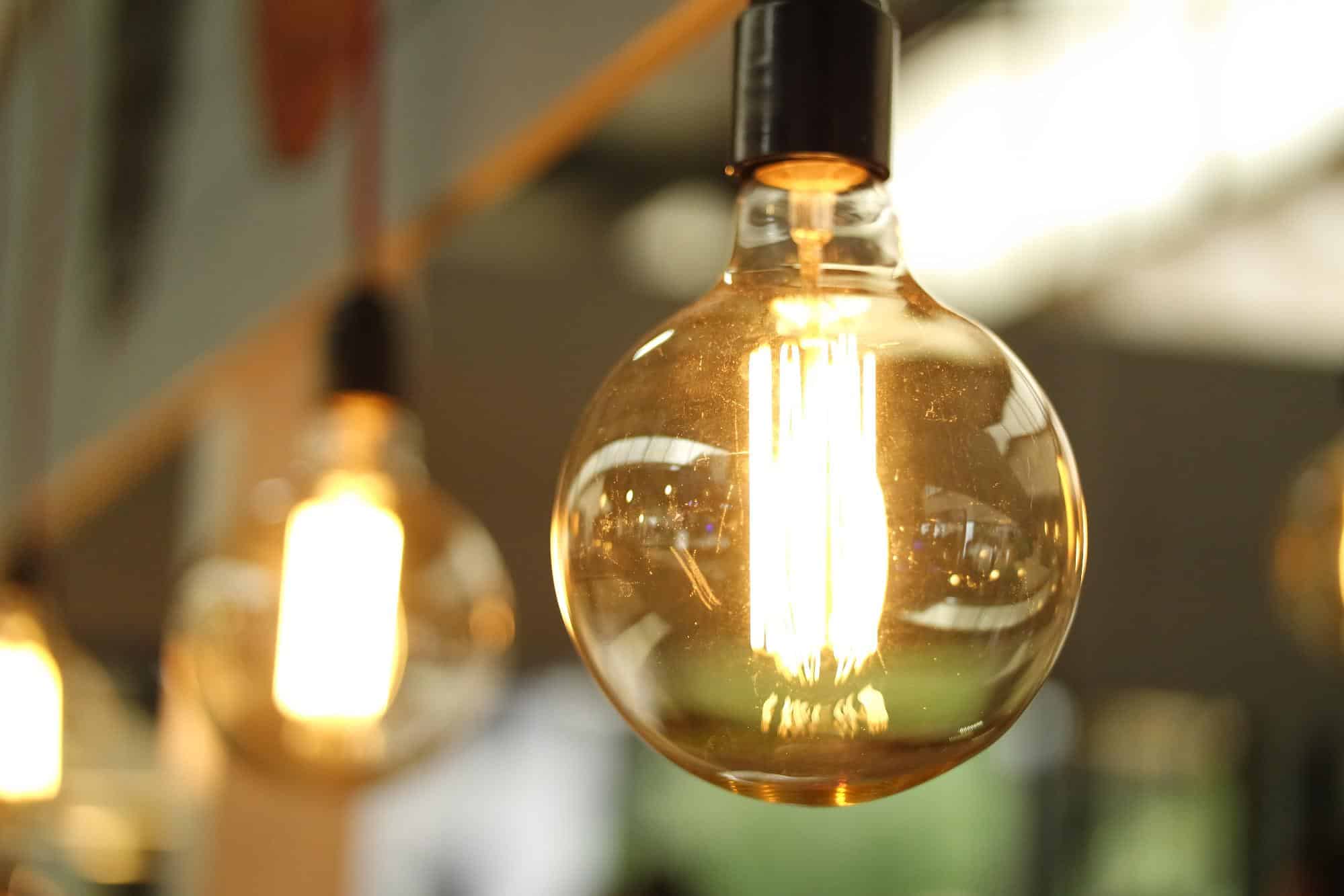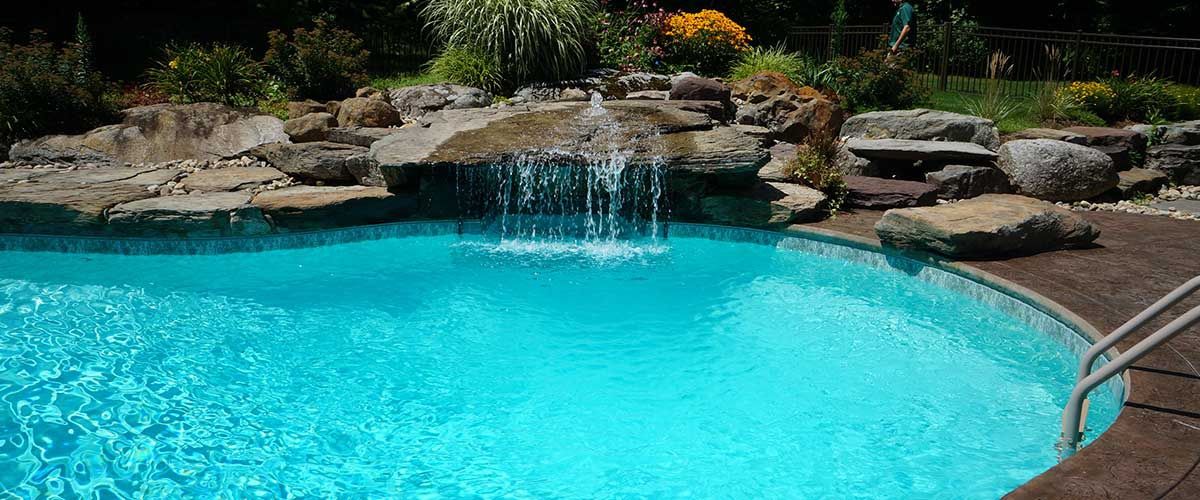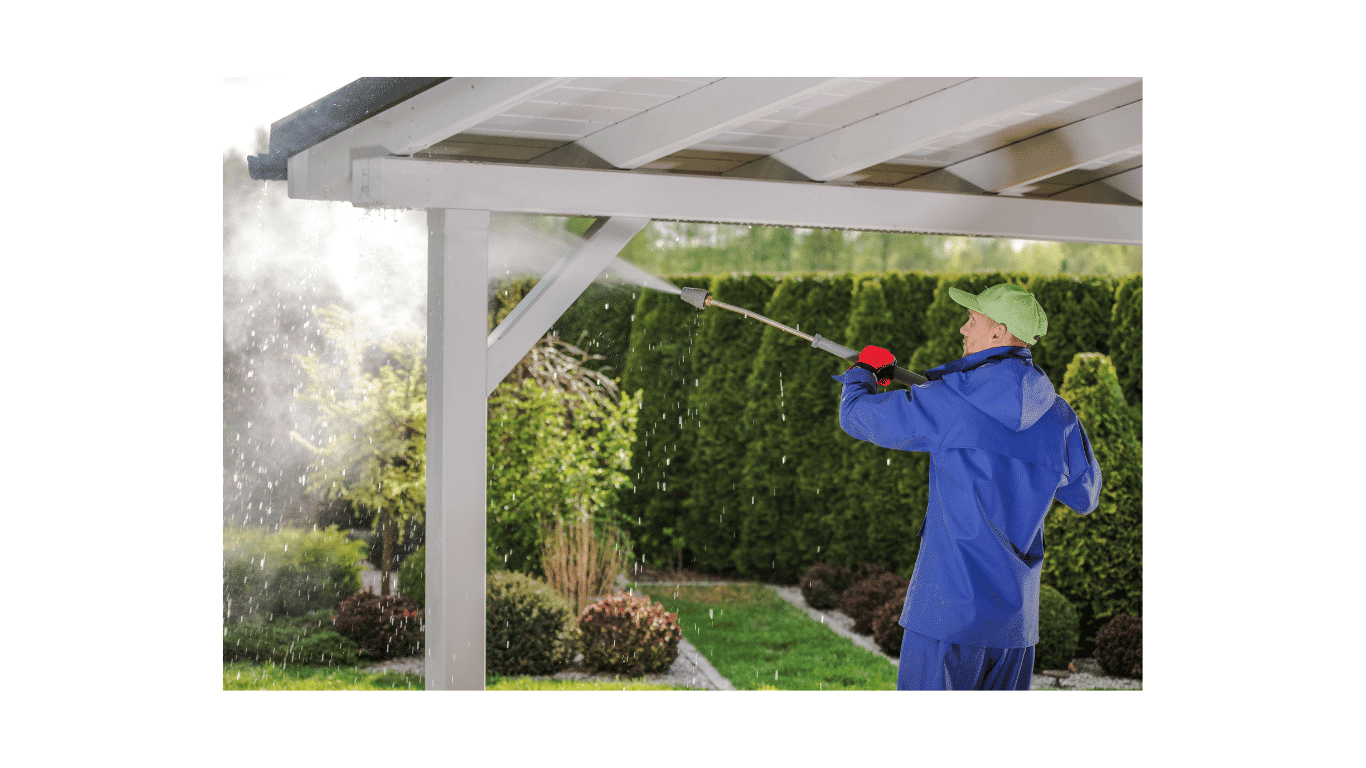Simple Steps to Reduce Your Energy Consumption at Home
Reducing energy consumption at home offers numerous benefits, from minimizing your electricity bill to contributing to a more sustainable future. In today’s world, it’s more important than ever to be environmentally conscious and cut down on energy usage. In this blog post, we will explore a few easy steps through which you can make a difference one kilowatt at a time.
Make the Switch to LED Light Bulbs
An easy way to cut down your energy usage is by simply switching to LED light bulbs. LED bulbs are not only more energy-efficient than conventional incandescent or CFL bulbs, but they also last longer. By making the shift to LEDs, you not only cut down on energy costs but also on the cost of frequent bulb replacements.
Practice Energy-Efficient Cooking Habits
Did you know that your kitchen habits can contribute to your overall energy consumption? Strategize your cooking by keeping lids on pots to retain heat, using a toaster oven for smaller meals, and placing your oven racks correctly to ensure even cooking. These small changes can lead to decreased energy usage while you whip up your favorite meals.
Regular HVAC Maintenance
Ensuring that your heating, ventilation, and air conditioning (HVAC) system is running efficiently is crucial to reducing energy consumption. Schedule regular maintenance with a professional to keep your system in optimal condition. This helps prevent energy waste, optimizes performance, and prolongs the life of your HVAC system. In addition to your HVAC system, you should also consider regular boiler inspection NYC to make sure your boiler runs efficiently and economically.
Seal Up Your Home
Insulating your home and sealing up any drafts is an effective way to reduce energy consumption. By keeping your home adequately insulated, you can maintain a comfortable temperature indoors, reducing the need for excessive heating or cooling measures.
Use Windows Wisely
Smartly utilizing your windows can go a long way in conserving energy. For example, during winter months, open your curtains during the day to let in sunlight and naturally warm your home. In the hot summer months, close your curtains to keep out the heat and reduce the workload on your air conditioner.
Optimize Your Thermostat Usage
Heating and cooling account for a large portion of most households’ energy consumption. By optimizing your thermostat usage, you can effectively cut down on energy wastage. Programmable thermostats are a fantastic investment, as they allow you to automatically adjust the temperature based on your daily schedule. Another tip is to simply set your thermostat a few degrees higher in the summer and a few degrees lower in the winter.
Embrace Natural Cleaning Methods
Opting for natural cleaning methods, like using vinegar and baking soda, can lessen your reliance on energy-intensive cleaning appliances and chemicals. Growing indoor plants is another great way to improve air quality in your home without relying on air purifiers or dehumidifiers.
Unplug Electronics When Not in Use
Many electronic devices and appliances continue to draw power even when they are turned off. This phenomenon, known as ‘phantom power,’ can significantly contribute to a home’s energy consumption. The simple solution is to unplug your electronic devices when they are not in use or use smart power strips that automatically cut power to idle appliances.
Plant Trees Around Your Home
Planting trees around your property can contribute to energy conservation. Deciduous trees provide shade in the summer and allow sunlight to warm your home in the winter. Evergreen trees can act as a natural windbreak, reducing the chilling effect of cold winds on your home. In turn, your HVAC system won’t have to work as hard to maintain your desired indoor temperature.
Opt for Energy-Efficient Appliances
When it’s time to replace your old appliances, consider purchasing Energy Star-certified models. These energy-efficient appliances not only consume less electricity but also perform at optimal levels, leading to long-term savings on your utility bills. Examples of Energy Star appliances include refrigerators, washing machines, and dishwashers.
Optimize Your Laundry Routine
Your laundry habits can impact your energy usage, too. Washing your clothes in cold water can help save energy while still effectively cleaning your clothes. Additionally, consider air-drying your clothes whenever possible, cutting back on the need for a power-hungry dryer.
Conserve Water
While not directly related to electricity consumption, saving water helps the environment and your energy bills. Installing low-flow showerheads and faucets and fixing leaky pipes can significantly reduce your water consumption and the energy required to heat that water.
Adopting these simple steps at home can go a long way in reducing your energy consumption. By making smarter choices and promoting energy-efficient habits, we can all contribute to a greener and more sustainable future, one light switch at a time.








One Comment